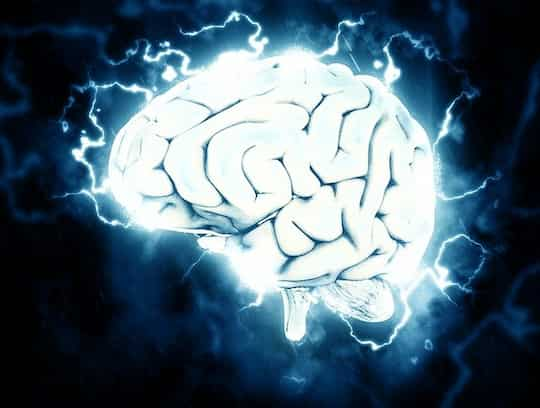Some depressed patients even experienced dramatic improvements in just a couple of weeks.
Electrical brain stimulation produced a marked improvement in depression symptoms in 70 percent of people who took part in a recent study.
Some depressed patients even experienced dramatic improvements in just a couple of weeks.
The painless, non-invasive treatment targets a natural pattern of electrical activity in a specific part of the brain.
Most people in the study reported that their depression symptoms were reduced by at least half after two weeks.
The newer type of brain stimulation used in the study is called ‘transcranial alternating current stimulation’ (tACS).
Dr Flavio Frohlich, study co-author, explained:
“We conducted a small study of 32 people because this sort of approach had never been done before.
Now that we’ve documented how this kind of tACS can reduce depression symptoms, we can fine tune our approach to help many people in a relatively inexpensive, noninvasive way.”
All the people in the study had been diagnosed with major depression.
They were randomly divided into three groups with two of them getting a sham version of the treatment to provide controls.
The electrical brain stimulation lasted 40 minutes and was done on five consecutive days.
It targeted natural electrical oscillations in the brain called ‘alpha waves’.
Alpha waves are more predominant when people close their eyes and dream, or meditate.
Studies have suggested that depression is linked to an imbalance of alpha waves in the right frontal cortex.
Stabilising these waves, the scientists found, caused many people’s depression to lift after two weeks.
However, after four weeks, the effect of the brain stimulation appeared to have worn off.
Dr Frohlich said:
“It’s important to note that this is a first-of-its kind study.
It was unclear what would happen if we treated people several days in a row or what effect we might see weeks later.
So, the fact that we’ve seen such positive results from this study gives me confidence our approach could help many people with depression.”
The study was published in the journal Translational Psychiatry (Alexander et al., 2019).

